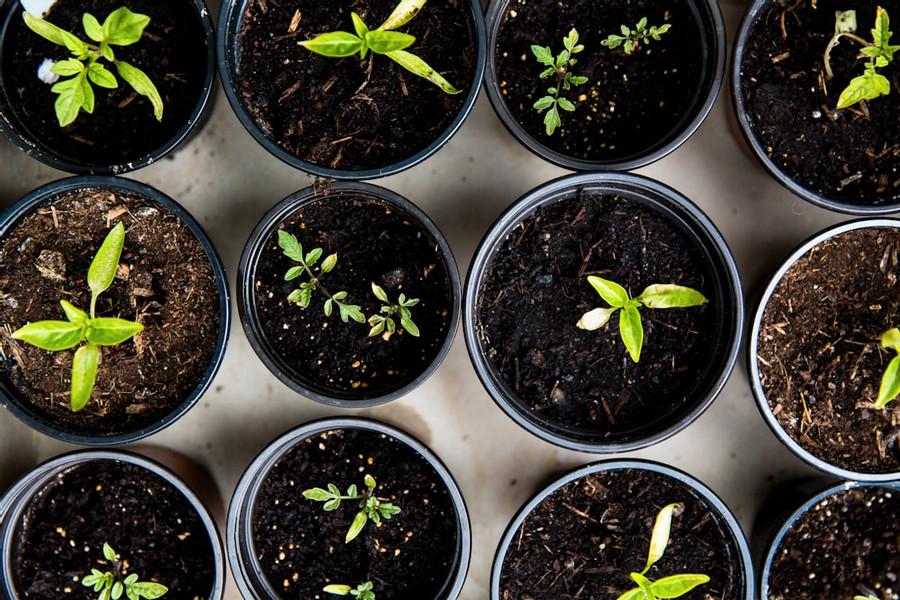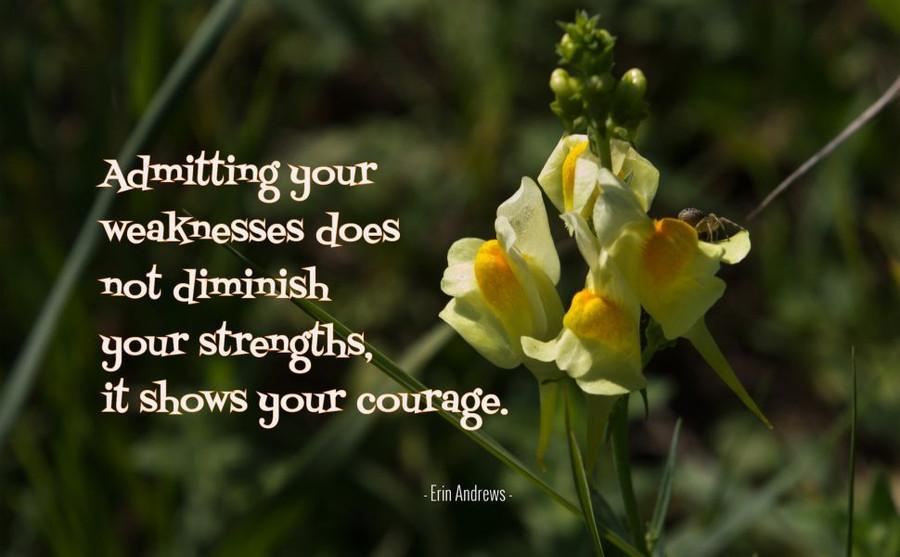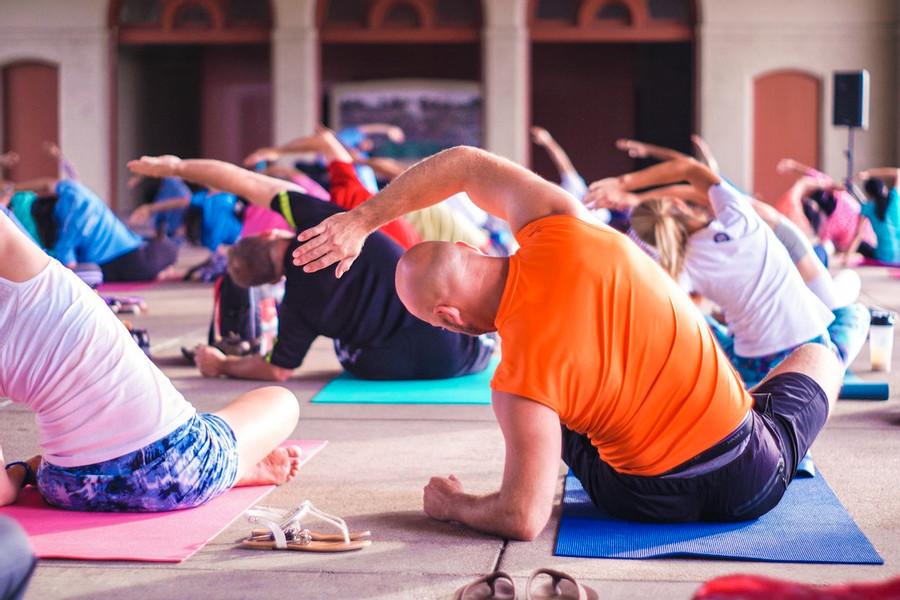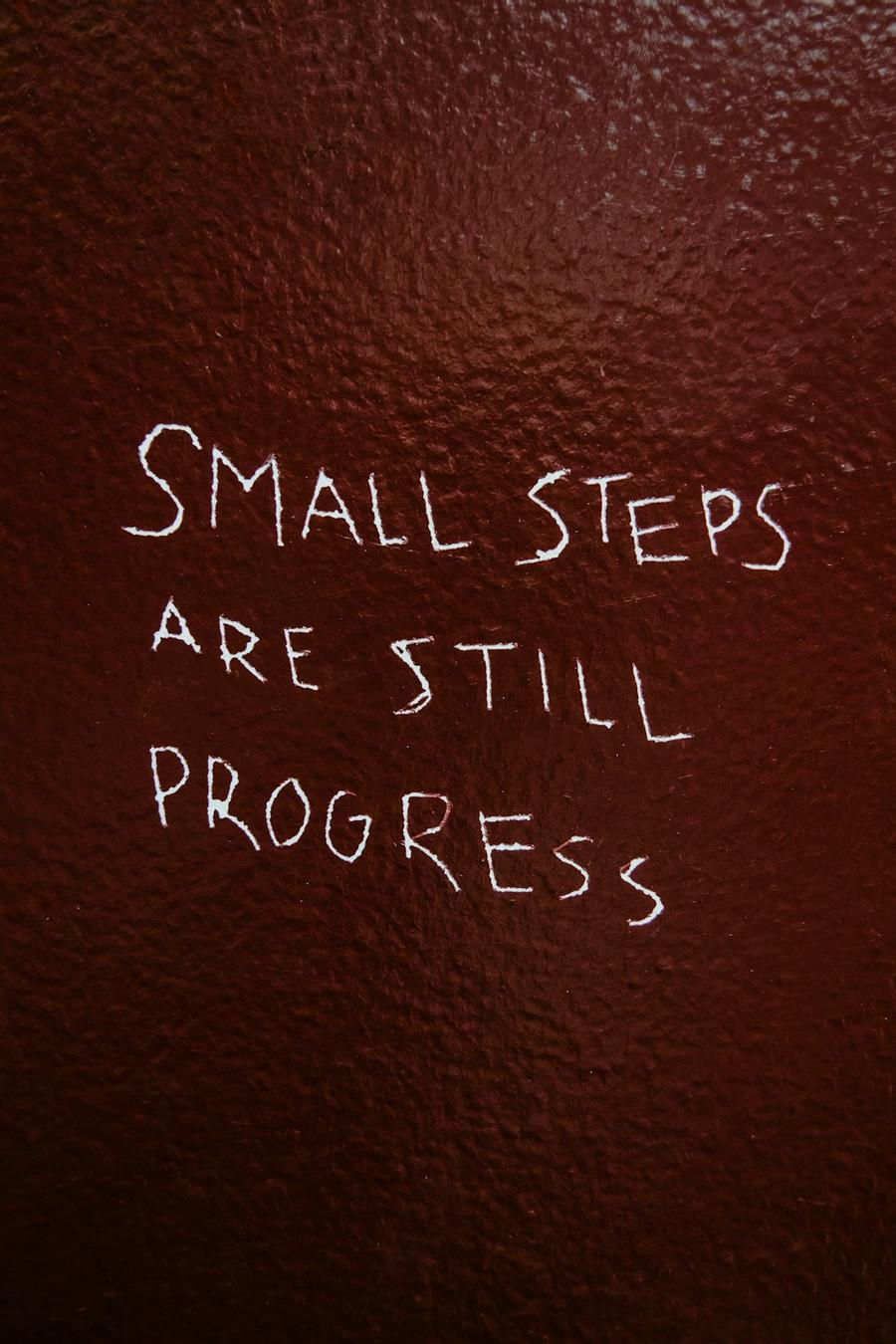Explore the World's Best Ideas
Join today and uncover 100+ curated journeys from 50+ topics. Unlock access to our mobile app with extensive features.
The Six Principles Of Groundedness
Many people place too much emphasis on external accomplishments and see themselves as solitary individuals who must bear their own difficulties.
Accepting your current reality, staying present with it, being patient with your progress, allowing yourself to be vulnerable, embracing community, and keeping your body moving are six principles of groundedness to practice for a more balanced attitude to life.
24
161 reads
Key Concepts
- Burnout and misery are the results of heroic individuality.
- Focusing on your origins – the beliefs and practices that keep you grounded – is the antidote to heroic individualism.
- Accept your current reality as it is so that you can strive toward the future you wish.
- Stay present and patient to stay grounded in what matters to you and bring things to fruition.
- Accept weakness in order to gain true strength.
- Surround yourself with a supportive network to ensure you’re completely grounded.
- Keep your body moving to keep your thoughts centered.
24
102 reads
Burnout and Misery Are the Results of Heroic Individuality
Heroic individuality leads to fatigue and dissatisfaction.
Do you ever feel that it's never enough, no matter who you are or what you do? Are you always comparing yourself and your accomplishments to unreasonably high standards and fixating on the resulting gap?
If that's the case, you may be suffering from heroic individualism, a popular way of thinking in Western culture. It teaches people that no matter who they are or what they accomplish, it is never enough. Everyone strives to be more productive, efficient, and successful.
23
74 reads
So Much To Do, All Depending On You
People who are enslaved by heroic individualism feel forced to complete far too many chores at far too fast a pace and under far too much stress.
As a result, they are disorganized, harried, and tired. They can't even rest properly because they're so focused on their exterior achievements; when they're not pursuing them, they feel empty or restless.
Many people are dissatisfied with their lives as a result of this. Others may develop major mental health issues. In either case, heroic individualism is doomed to fail.
23
71 reads
Focusing on Your Origins Is the Antidote to Heroic Individualism
What allows a redwood tree to soar hundreds of feet into the air while being buffeted by strong, occasionally violent winds? It isn't the tree's canopy that is continuously pushing to reach new heights. It is the roots that keep it firmly planted in the ground.
When you're grounded, you're grounded in something — the people, activities, and aspects of life that are most important to you. That's why being grounded also entails living in accordance with your beliefs and concentrating your time and energy on the things that matter most to you, whether they're family, health or spirituality.
23
59 reads
The Definition Of Being Rooted
What exactly does it mean to be rooted?
To begin with, it implies that you have a sense of inner strength, stability, and confidence. The word "inner" is significant in this context. The feeling of being grounded isn't dependent on or derived from external accomplishments; it comes from deep within you. As a result, it doesn't fluctuate in response to successes and failures. Even in the middle of turbulence, it remains constant, assisting you in remaining calm and stable.
23
61 reads
Accept Your Current Reality as Is and Work Toward the Future You Wish
Acceptance simply entails calmly, nonreactively, and neutrally admitting the truth of a problem. It's best if it's as neutral as possible.
Consider the following example from an ancient Buddhist parable: It's as if you've already been pierced by one arrow if you're having a negative thought, feeling, or occurrence. However, if you respond with another negative attitude or feeling, you're shooting yourself in the foot with a second arrow, exacerbating the injury.
24
57 reads
Stay Present and Patient to Stay Grounded in What Matters to You and Bring Things to Fruition
Consider your attention to be similar to water. Because there's only so much of it, the question becomes: which seeds will you give it to?
You're probably dispersing it in too many places instead of focusing it on what matters most to you. It's partly because Western culture encourages individuals to be busy for the sake of being active, which leads to people becoming engrossed in busywork.
Turning off notifications, putting away superfluous devices, and cutting out time for uninterrupted work or quality time with yourself or your loved ones will help you stay focused.
23
45 reads
The Perfect Online Persona
Everyone has flaws, limits, and challenges in real life. Due to the poisonous combination of social media and a culture of heroic individualism, which encourages people to always be optimistic, act invincible, and operate at 100 percent, they are hesitant to share their flaws. They don't want to appear weak.
- Many people don't want to confess to themselves, much less to others, that they fall short of these unrealistic standards.
- True strength, on the other hand, necessitates the acceptance of flaws. It takes a lot of guts to be open and honest about your flaws.
- It's also a freeing experience.
23
45 reads
Break Down Your Goals In Small Chunks
A seed, of all, requires more than just water to thrive; it also requires time. The same can be said about life's most important objectives. Unfortunately, Western culture pushes people to rush through tasks in order to complete them as soon as possible. Not only does this lead to burnout, but it also leads to half-baked outputs at best and self-defeating outcomes at worst.
Breaking down your goals into smaller chunks and focusing on just finishing the one you're on will help you overcome this inclination and adopt a more patient mindset.
23
44 reads
Accept Weakness in Order to Gain True Strength
Many people are living parallel lives these days. They show themselves as powerful, joyful, and successful people who are always living their personal and professional life to the fullest, both online and off.
- Consider the well-chosen photos they share on Instagram and the accomplishments they brag about on LinkedIn.
- Consider the hypercompetent identities people present in their places of business.
24
51 reads
Surround Yourself with A Supporting Network to Ensure You're Completely Grounded
Heroic individualism promotes people to see themselves as lone individuals capable of heroic deeds on their own, as the name implies. People who are enslaved by this way of thinking come to consider strength as the ability to bear one's own difficulties without assistance.
However, no one is an island in reality. As humans, we are sociable creatures by nature. We rely on one other for strength even more than the redwoods. Pretending to be able to "do it alone" is another method of pretending to be someone we aren't. It's not a long-term solution.
23
44 reads
Body And Mind Are Connected
There is a long tradition in Western thought of seeing the mind and body as two distinct entities. But, according to current research, they're more like two sides of the same coin – or, to put it another way, an integrated mind-body system. Your gut bacteria, for example, can influence your mood, and your mental state can influence your heart rate. Your mental health is dependent on your physical health in these and many other ways, and vice versa.
23
43 reads
Keep Your Body Moving to Keep Your Thoughts Centered
Your body was designed to move, not sit for long periods of time. As a result, exercise is essential for both physical and mental health. Although this may not come as a surprise to some, the advantages of exercise can be remarkable. It has been proven in numerous studies to be one of the most effective methods for both preventing and treating depression and anxiety.
Exercise releases feel-good hormones, which contribute to this. It's also the fact that it aids in the application of the other groundedness concepts.
24
44 reads
Start Small
You won’t be able to benefit from the concepts of groundedness unless you put them into action. Take each of the six principles and come up with three things you can start doing and three things you can stop doing to live more in line with them. Make sure your goals are attainable and reasonable - imagine incremental steps rather than gigantic leaps. For example, you don’t have to run a marathon or buy a gym full of expensive equipment to get your body moving. A daily 30-minute brisk walk could be sufficient aerobic exercise.
23
52 reads
IDEAS CURATED BY
CURATOR'S NOTE
Being Rooted is the key.
“
Courtney Abbott's ideas are part of this journey:
Learn more about books with this collection
How to find common interests
How to be a good listener
How to overcome social anxiety
Related collections
Discover Key Ideas from Books on Similar Topics
7 ideas
Deep Work
Cal Newport
10 ideas
Slow Productivity
Cal Newport
13 ideas
High Performance Habits
Brendon Burchard
Read & Learn
20x Faster
without
deepstash
with
deepstash
with
deepstash
Personalized microlearning
—
100+ Learning Journeys
—
Access to 200,000+ ideas
—
Access to the mobile app
—
Unlimited idea saving
—
—
Unlimited history
—
—
Unlimited listening to ideas
—
—
Downloading & offline access
—
—
Supercharge your mind with one idea per day
Enter your email and spend 1 minute every day to learn something new.
I agree to receive email updates














